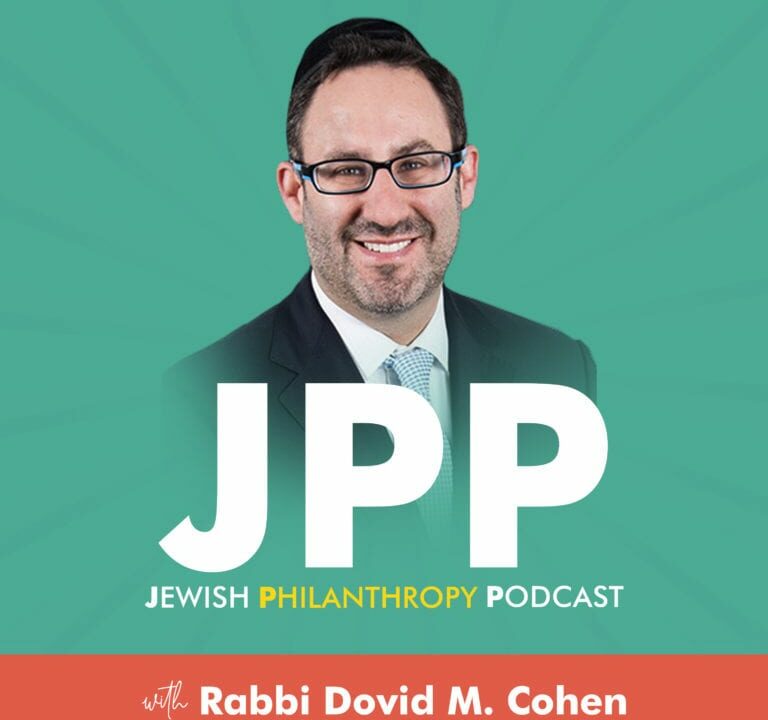This article originally appeared on ejewishphilanthropy.com.
The US Travel Association recently released a study that found Americans are taking fewer vacation days today than they did at any other time in the last forty years. Employees’ efforts to please their employers – or at least not to rock the boat – make an obvious statement about the increasing demands in today’s office culture for workers to go above and beyond the expectations set by the official policies of America’s places of employment.
Typically understaffed and working on shoestring budgets, nonprofits are prime suspects for eeking maximum mileage out of staff’s time. Knowing that a top motivator for choosing a nonprofit career is the drive to make a difference, nonprofit organizations often justify asking employees to give more of themselves because of the importance of the cause.
Aside for the implications on employees’ health and family life, breeding this kind of organizational environment is actually damaging to the organization itself, and ironically, employees who set out to demonstrate their commitment with zealous hours ultimately do their places of work a disservice. In addition to realizing diminished productivity and innovation, these professionals are likely to eventually resent their organizations and perhaps move on to a new position or a different career altogether. To be sure, instances arise when the task at hand requires all hands on deck, and additional hours are simply a requirement. However, for many organizations, operating at an intensified and even frenzied pace is the norm, not the exception.
Interacting daily with nonprofit professionals in Jewish organizations, and having worked for over a decade in flagship Jewish organizations, I know that many Jewish nonprofits are not strangers to these demands on nonprofit employees. Often hiding beneath the surface of the most composed, professional and enthusiastic work forces are individuals struggling to hold their workloads together and avoid reaching their breaking points.
While I’ve heard of extreme cases, like managers in Jewish organizations telling employees that if they are eating dinner with their families multiple times a week, they are not working hard enough, organizational culture is usually defined in more nuanced ways – expectations for almost immediate responses to emails, casual comments about staying late and working while on vacation, and email chains that document colleagues’ responses at midnight, 2 am and 6 in the morning (and I am not talking about employees who are working flexible hours but those who log full days and just don’t stop).
Clearly, people need rest. Sleep offers our bodies the most basic opportunity to take a break from the intensity of active living so that we can literally begin a new day, with new possibilities. And research has shown that sleep itself breeds creativity.
As Jews, we take a mandatory time-out from work each week on Shabbat. After God created the world, he rested. Our tradition asks why an omnipotent being would rest if he had no need for it. It answers that although he had no need for rest, he knew mankind would need the break and kindly modeled the behavior for us.
If our Jewish nonprofit executives endeavor to imitate God in this way and model work life balance, organizations’ staffs will feel secure enough to follow their lead and achieve healthy balances themselves. Formal policies about parental leave, flex time and vacation days are a good first step. But they are merely lip service if the senior level does not demonstrate that it is not only safe, but encouraged for employees to rest and return refreshed and ready to work.
Rather than pushing Jewish professionals to their limits and beyond, I implore our communal organizations to demonstrate hakarat hatov, a genuine appreciation for Jewish professionals’ work and a respect for boundaries in their lives. This approach is certain to yield greater dividends for the organizations themselves, and indeed, for the broader Jewish community.




